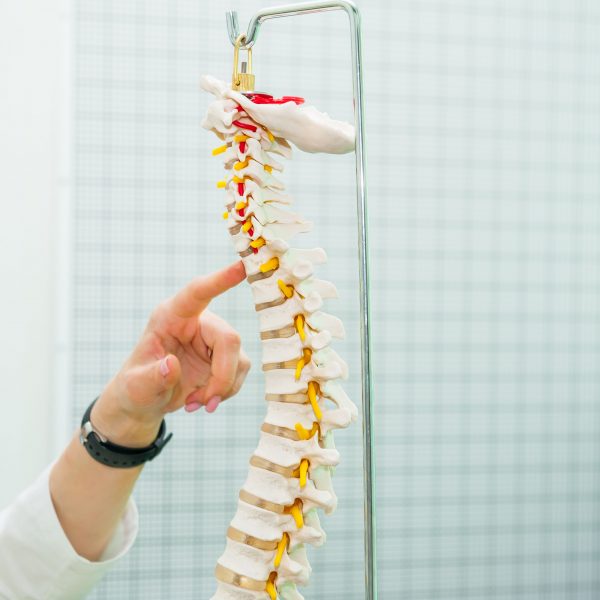It may sound a little too dramatic or exaggerated, but a tooth can die for real. It’s ‘dead’ precisely because, believe it or not, there are living blood vessels and connective tissues inside your teeth, which, for certain reasons, may no longer function. There will be no blood flow to it. No nerves working in it. Ironically though, you’ll feel immense pain when you have a dead tooth. The discomfort isn’t coming from the dead nerve itself, but from the nerve endings outside the tooth, being strained by the build-up of bacteria, pus, and other nasty stuff taking over the affected region. It’s important then to not take for granted those toothaches. You can never be overly dramatic or exaggerated with tooth pains.
Why Teeth Die
There are two main reasons a tooth dies. The first one is tooth decay. Yes, this problem starts with weakening the outermost section of the tooth, the enamel, but the damage can reach the pulp, the deepest region when it’s not addressed immediately. Bacteria penetrate the pulp, infecting the nerve. Eventually, the pressure inside builds up, stopping the blood supply, thus leaving the nerve deprived of oxygen. The tooth will fall out sooner or later. Your best strategy for the prevention of cavities is good dental care habits. Brush your teeth twice a day. Floss after every meal. Avoid sugary food and drinks. Consult your dentist every 6 months.
Another culprit behind a dead tooth is tooth trauma. When you experience a blow to the face because of an accident or a sports injury, the blood vessels inside your tooth may burst or the blood flow may be interrupted. Again, with no blood, the nerve starves and eventually dies. To avoid facial injury and this dental problem, prioritize safety. Wear mouthguards or helmets when playing sports. As your dentist for custom dental appliances.
How to Treat
Dentists usually perform root canal procedures to address a dead tooth. A lot of people are afraid of this treatment because it’s painful. But the truth is, the discomfort you feel comes from the infection itself, not the procedure. If you’re worried that you can’t relax on the dentist’s chair though, look for a sedation dentist. Highlands Ranch, CO-based practitioners choose among different numbing agents, like laughing gas, intravenous sedation, and general anesthesia, during procedures, depending on the patient’s anxiety. With this, you won’t feel little to no discomfort while your dentist is clearing out the infection.
In severe cases of tooth decay and dental trauma though, pulling out the teeth may be necessary. Don’t worry, your dentist may use sedation as well to help you relax during the treatment. Note though that you may have to visit again your dentist later to replace the lost tooth. It’s important to have a substitute tooth — otherwise, it may lead to shifting of teeth or bone loss. Your doctor may recommend implants. You may be advised to come back 3 to 6 months after the tooth extraction for the surgery.
Do You Have a Dead Tooth?

A dead tooth is a serious problem that needs medical intervention immediately. If you’ve been struggling with toothaches for weeks now, have it checked by your doctor so they can treat dying nerves early on. Don’t delay your visit.






